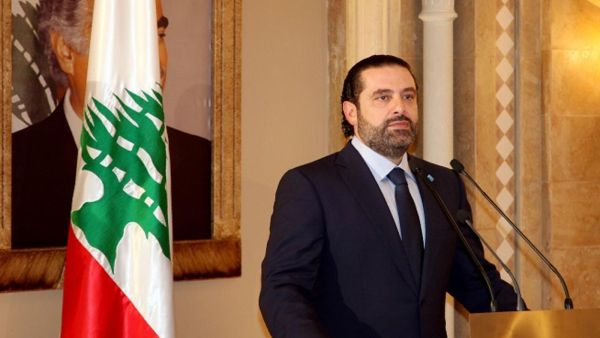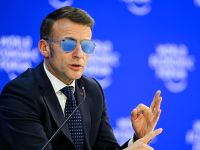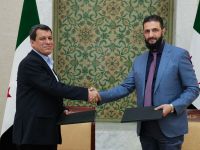Cabinet Thursday resumed discussions on the 2020 draft state budget in a session chaired by Prime Minister Saad Hariri.
Speaking to reporters ahead of the session at the Grand Serail, Finance Minister Ali Hassan Khalil said that budget discussions should be finalized as soon as possible.
“I repeat that discussions should end today and if this isn’t the case, then talks should end in another and final session,” Khalil said.
Information Minister Jamal Jarrah Wednesday said that Cabinet will endorse the 2020 budget by Oct. 22 at the latest, in line with the Constitution.
“The electricity plan is almost done and will be integrated into the new budget,” Jarrah told LBCI channel Thursday before the session. “Some public institutions are pointless so we will discuss their cancellation and their merger with relevant ministries,” he added.
{"preview_thumbnail":"https://cdn.flowplayer.com/6684a05f-6468-4ecd-87d5-a748773282a3/i/v-i-c…","video_id":"ce96d41c-852c-46fd-834e-e53b498f88d8","player_id":"8ca46225-42a2-4245-9c20-7850ae937431","provider":"flowplayer","video":"Arab League Plans Emergency Meet on Turkey's Offensive in North Syria"}
Cabinet’s discussion of the 2020 budget is supposed to include a deficit reduction and austerity measures. This is also set to be accompanied by a series of reforms that ministers are currently studying, including new Customs and public procurement laws and reforms to the retirement system.
The tender documents for Cabinet’s electricity plan were discussed in a ministerial committee Wednesday evening, which aims to plug Lebanon’s roughly 1,500 megawatt deficit by 2020, using temporary generators until new power plants are brought online.
Lebanon’s dilapidated electricity sector contributes between $1.5 billion and $2 billion to the yearly budget deficit, a sum that has racked up over the years to constitute about half of the country’s $85 billion national debt.
The government made a major commitment to restructuring the electricity industry at the 2018 CEDRE conference, where the international community pledged more than $11 billion in grants and soft loans to Lebanon, conditional on fiscal and economic reforms.
This article has been adapted from its original source.










